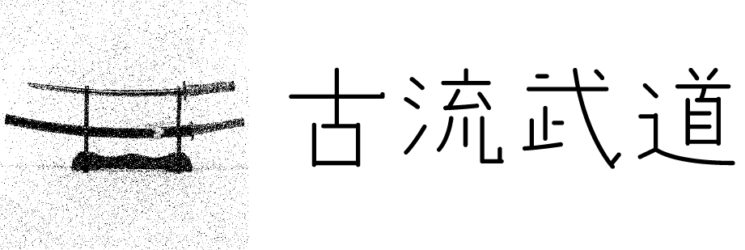In the history of Karate, several key figures have played pivotal roles in its development and global dissemination. Here are a few of the most influential personalities in Karate’s history:
Gichin Funakoshi (1868-1957)
Often referred to as the “Father of Modern Karate,” Funakoshi was instrumental in introducing Karate to mainland Japan from Okinawa. He founded Shotokan Karate, one of the most widely practiced styles worldwide. Funakoshi emphasized the philosophical aspects of Karate, particularly the principle of “Karate ni sente nashi” (there is no first strike in Karate), highlighting Karate’s defensive nature.
Chojun Miyagi (1888-1953)
Miyagi was the founder of Goju-Ryu Karate, a style that incorporates both hard and soft techniques. The name Goju-Ryu itself means “hard-soft style.” Miyagi is known for his contribution to the spiritual and physical methodology of Karate, emphasizing breathing and internal energy control.
Kenwa Mabuni (1889-1952)
Mabuni was the founder of Shito-Ryu Karate, another major style of Karate that is recognized worldwide. He was a student of both Shuri-te and Naha-te, the two primary forms of Okinawan Karate, and his style reflects a blend of these influences. Mabuni was also dedicated to preserving the kata (forms) of Karate, ensuring the art’s rich heritage was passed down through generations.
Masatoshi Nakayama (1913-1987)
Nakayama was a direct student of Gichin Funakoshi and played a significant role in popularizing Karate worldwide. He was the Chief Instructor of the Japan Karate Association (JKA) and developed the JKA’s instructor training program. Nakayama also authored many books on Karate, contributing to its theoretical and practical understanding.
Hidetaka Nishiyama (1928-2008)
A student of Gichin Funakoshi, Nishiyama was instrumental in the international spread of Karate. He moved to the United States and founded the All American Karate Federation (AAKF). Nishiyama focused on the technical and athletic development of Karate, influencing its acceptance as a competitive sport.
Anko Itosu (1831-1915)
Although not as widely known internationally as Funakoshi or Miyagi, Itosu is considered a pivotal figure in Karate’s history, especially for his role in introducing Karate into Okinawa’s school system. He is credited with creating the Pinan (Heian) kata series, which are foundational forms practiced by beginners in many Karate styles.
Mas Oyama (1923-1994)
Masutatsu Oyama, the founder of Kyokushin Karate, is renowned for his formidable strength and the introduction of full contact sparring in Karate. Kyokushin, known for its rigorous training and sparring techniques, has influenced many other martial arts. Oyama’s philosophy and the “100-man kumite” challenge reflect the extreme dedication and resilience he expected from practitioners.
These individuals, among others, have contributed significantly to Karate’s evolution from a localized form of self-defense to a respected martial art and global sport. Their teachings emphasize not only physical techniques but also the development of character, underscoring Karate’s deeper philosophical and ethical dimensions.

